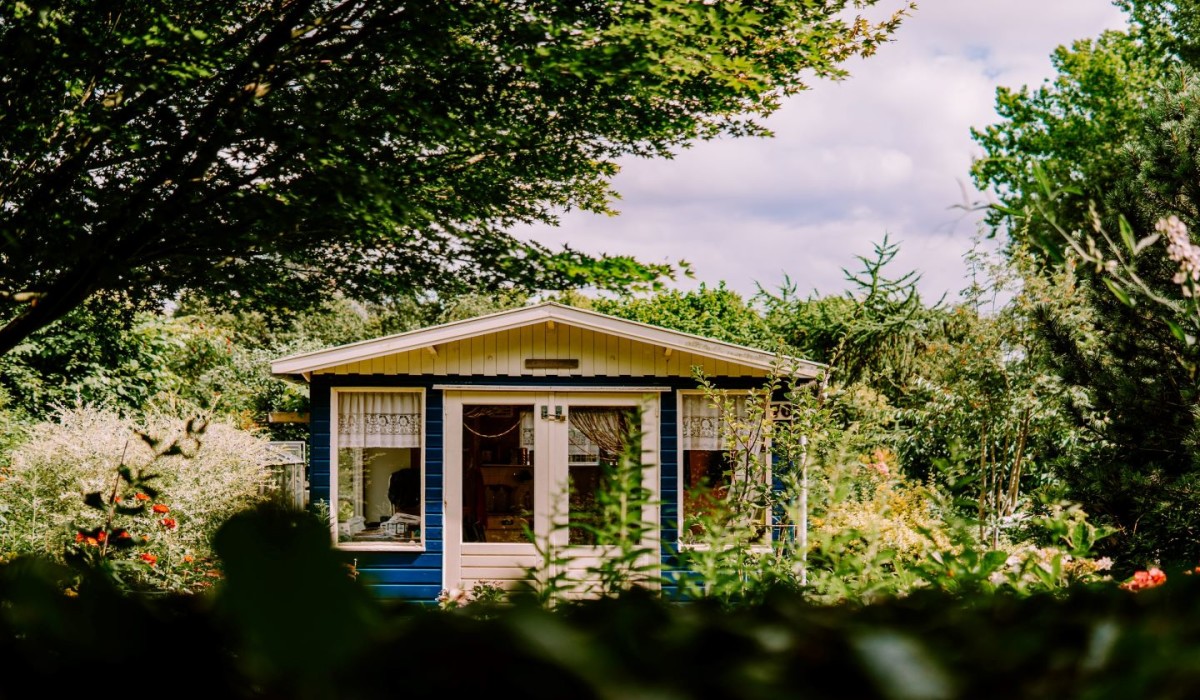Small Homes: 2 Ways They Can Provide Big Returns

When you’re ready to make an investment, getting the most for your money is always top of mind. The same is true for a home purchase, so there are a few factors that you might want to consider, including size, before purchasing a home. It’s easy to think that you should purchase as large of a home as you can afford, but this won’t always give you the most bang for your buck. It may come as a surprise, but smaller houses tend to appreciate, or increase in value, faster than larger homes, making smaller homes good investments. And aside from appreciation, you don’t always need a big house even if your lender qualifies you for more. Only you truly know what you need and how much you can afford . So be sure to think about how much you really want to spend every month while still enjoying your lifestyle. According to data collected by Realtor.com, smaller homes have increased in value in 17 out of 20 locations over a three-year period. Overall, the smallest homes appreciated an average of more than 9.6%, while the largest homes increased an average of less than 4%. If you want to cut back on square footage to boost your appreciation, you can always ask your real estate agent to show you smaller homes that will still suit your needs. Here’s how you can take advantage of a smaller home.
Update now to upgrade later
Smaller homes tend to come with a smaller price tag, but with a little bit of love, they can play in the big leagues. By renovating a smaller home, you can quickly increase the value of that home, which is great if you ever plan on selling in the future.
Spending on renovations may lead to profits down the road.
Changes that will improve your home’s value will depend on the house you choose. Kitchen and bathroom updates are big-ticket items that will almost always improve your resale value. Landscaping, general curb appeal, and improvements in energy efficiency are usually profitable choices, too. With a renovation loan, you can choose between standard repairs or limited repairs, both of which can help you make the necessary upgrades to your home to improve it’s value and general appeal.
Pick an up and coming location
In the data collected by realtor.com, smaller homes did not outperform larger ones in every market. If you want to buy a home that will gain value quickly it’s important to know what tends to be in high demand in your particular area. In recent years, urban areas with smaller homes have grown in popularity, while houses in suburban areas have decreased in demand. Homes in a downtown area tend to have a larger price tag because of their desirable location, even if they are on the smaller end. So picking a location that’s up and coming, can help provide a return on your investment down the road. Ask your real estate agent about locations that might be best for you. It might be easy to think that the most expensive home is the best option, but it is less likely to appreciate quickly compared to something more modest in size. Smaller houses are usually starter homes that allow homeowners to get into the real-estate market, once they’ve gained enough equity. When the time is right, they move to something larger. >Keep in mind, just because you qualify for the largest house in the neighborhood, doesn’t mean it is the best investment for you. The wonderful thing about starter homes is that they’re more consistently in demand. Even if the market takes a down turn, people will still need small homes to start their real estate journeys. This means that you can expect a smaller home to remain a solid investment under a wide variety of circumstances.
The take away
A popular area, smaller house, or a fixer-upper are all good ways to increase the return on your investment. But, when you start to combine these three factors, your selling price can start to sky-rocket. A smaller home in a desirable location that you can improve to your own taste is likely to give you the highest payout. If you’re looking for a home that can build value quickly and reliably, consider a smaller house. If you have any questions about home appreciation, fixer uppers, or how to finance a home renovation, contact your Atlantic Bay mortgage banker today.